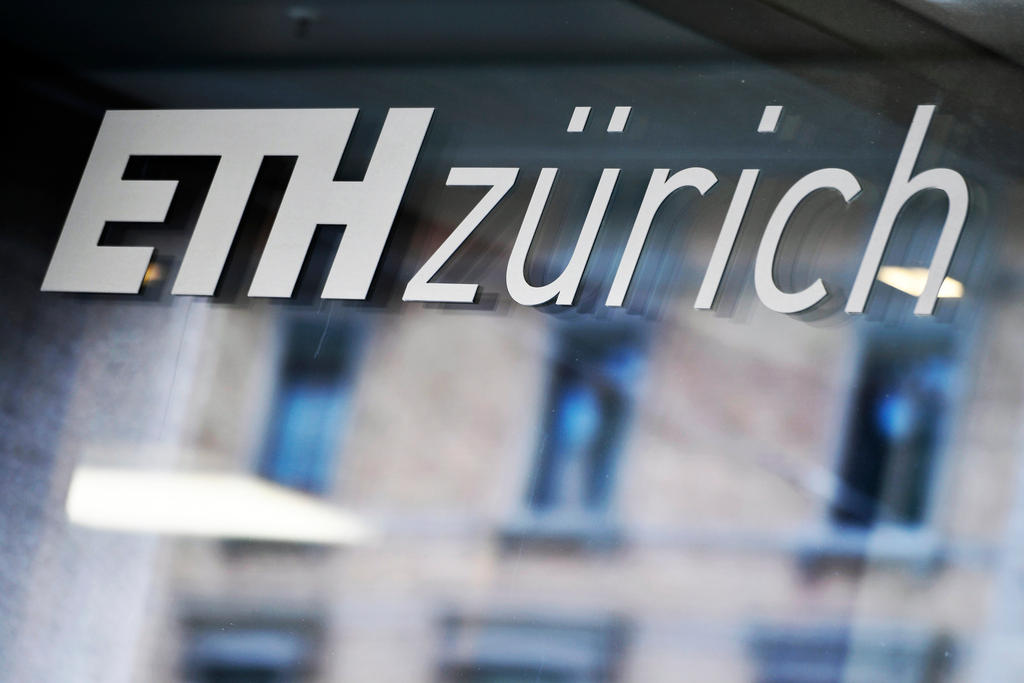
Swiss tech universities boost economy by CHF13 billion, report says

Switzerland’s federal technology institutes account for 100,000 jobs and CHF13 billion in added value to the economy, a new report calculates. This represents a fivefold return on investment, it claims.
The institutes – notably the universities of EPFL in Lausanne and ETH in Zurich – have long been acknowledged as vital components of the Swiss image and economy; the reportExternal link by British consulting firm BiGGAR now tries to put a value on it.
According to the report, the entire federal technology (ETH) domain employs around 21,000 staff and has an annual budget of CHF3.5 billion ($3.74 billion). However, the estimated gross added value to the economy, BiGGAR claims, is almost four times as much, at CHF13.3 billion.
The consultants also claim that another 98,000 jobs in Switzerland depend on the EPF domain, which means that each staff position is responsible for the creation of 5 more.
+ How EPFL and ETH Zurich attract waves of foreign students
The study points to the various international firms that have set up in close proximity to the universities in order to take advantage of the highly-trained graduates. Google and Disney in Zurich, for example, where the tech giant employs 2,000 people and is planning to expand; and Intel and Texas Instruments in Lausanne.
New business ideas and start-ups are also encouraged by the innovative ecosystems of the universities; one in seven new innovative businesses in Switzerland is a spin-off from ETH Zurich or EPFL, the report says.

In compliance with the JTI standards
More: SWI swissinfo.ch certified by the Journalism Trust Initiative















![The four-metre-long painting "Sonntag der Bergbauern" [Sunday of the Mountain Farmers, 1923-24/26] had to be removed by a crane from the German Chancellery in Berlin for the exhibition in Bern.](https://www.swissinfo.ch/content/wp-content/uploads/sites/13/2025/12/01_Pressebild_KirchnerxKirchner.jpg?ver=f05a5a9c)














You can find an overview of ongoing debates with our journalists here . Please join us!
If you want to start a conversation about a topic raised in this article or want to report factual errors, email us at english@swissinfo.ch.